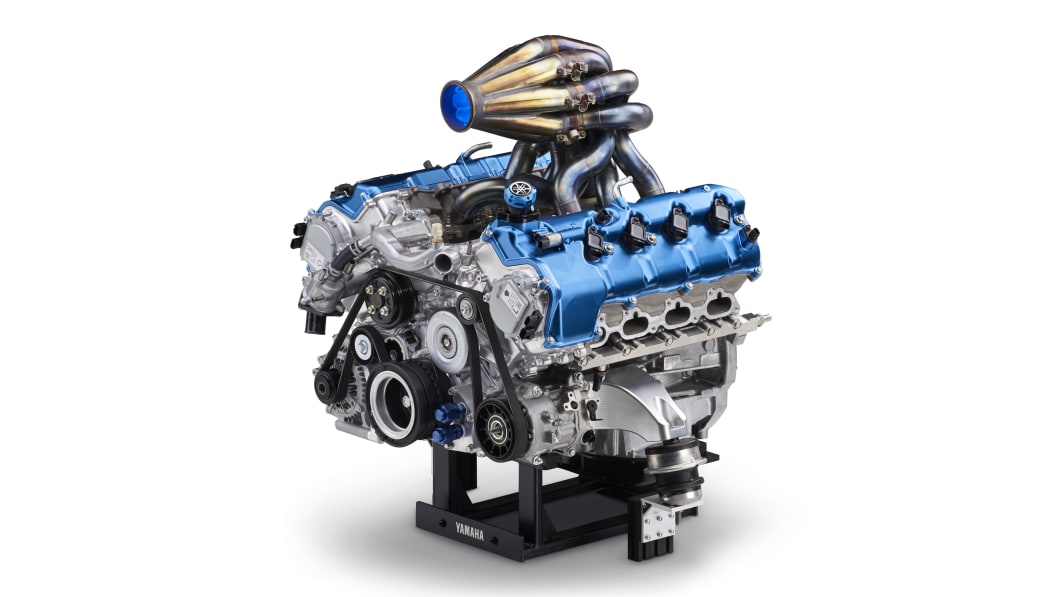Toyota has been a leader in hybrid and plug-in hybrid vehicles for many years, and now they are taking their technology to the next level with a new hydrogen engine. This engine has the potential to revolutionize the automotive industry, and it could be a major player in the fight against climate change.
Hydrogen engines are not new, but Toyota's new design is much more efficient than previous models. The engine uses a spark plug to ignite a mixture of hydrogen and air, and it produces only water vapor as a byproduct. This makes it much cleaner than traditional gasoline engines, which emit harmful pollutants like carbon monoxide and nitrogen oxides.
In addition to being cleaner, hydrogen engines are also more efficient. They can produce more power than gasoline engines of the same size, and they can do so with less fuel. This means that hydrogen-powered vehicles could have a longer range than gasoline-powered vehicles, and they would also be cheaper to operate.
Toyota is not the only company working on hydrogen engines. Other automakers, such as Honda and Hyundai, are also developing hydrogen-powered vehicles. However, Toyota is the only company that has brought a hydrogen engine to market. The Mirai, Toyota's hydrogen-powered sedan, has been on sale since 2014, and it has received positive reviews from critics.
The Mirai is not without its challenges, however. The price of hydrogen fuel is still relatively high, and there are not many hydrogen refueling stations available. However, Toyota is working to address these issues, and they believe that hydrogen fuel cells will eventually become the dominant form of automotive propulsion.
If Toyota is successful, their hydrogen engine could have a major impact on the automotive industry. It could help to reduce emissions and improve fuel efficiency, and it could also create new jobs in the hydrogen fuel cell industry. It is still early days for hydrogen engines, but they have the potential to revolutionize the way we power our vehicles.
Here are some of the advantages of Toyota's hydrogen engine:
- It is more efficient than gasoline engines.
- It produces fewer emissions than gasoline engines.
- It has a longer range than gasoline engines.
- It is cheaper to operate than gasoline engines.
Here are some of the challenges of Toyota's hydrogen engine:
- The price of hydrogen fuel is still relatively high.
- There are not many hydrogen refueling stations available.
- The technology is still in its early stages.
Despite the challenges, Toyota's hydrogen engine has the potential to revolutionize the automotive industry. It could help to reduce emissions and improve fuel efficiency, and it could also create new jobs in the hydrogen fuel cell industry. It is still early days for hydrogen engines, but they have the potential to change the way we power our vehicles.



0 Comments